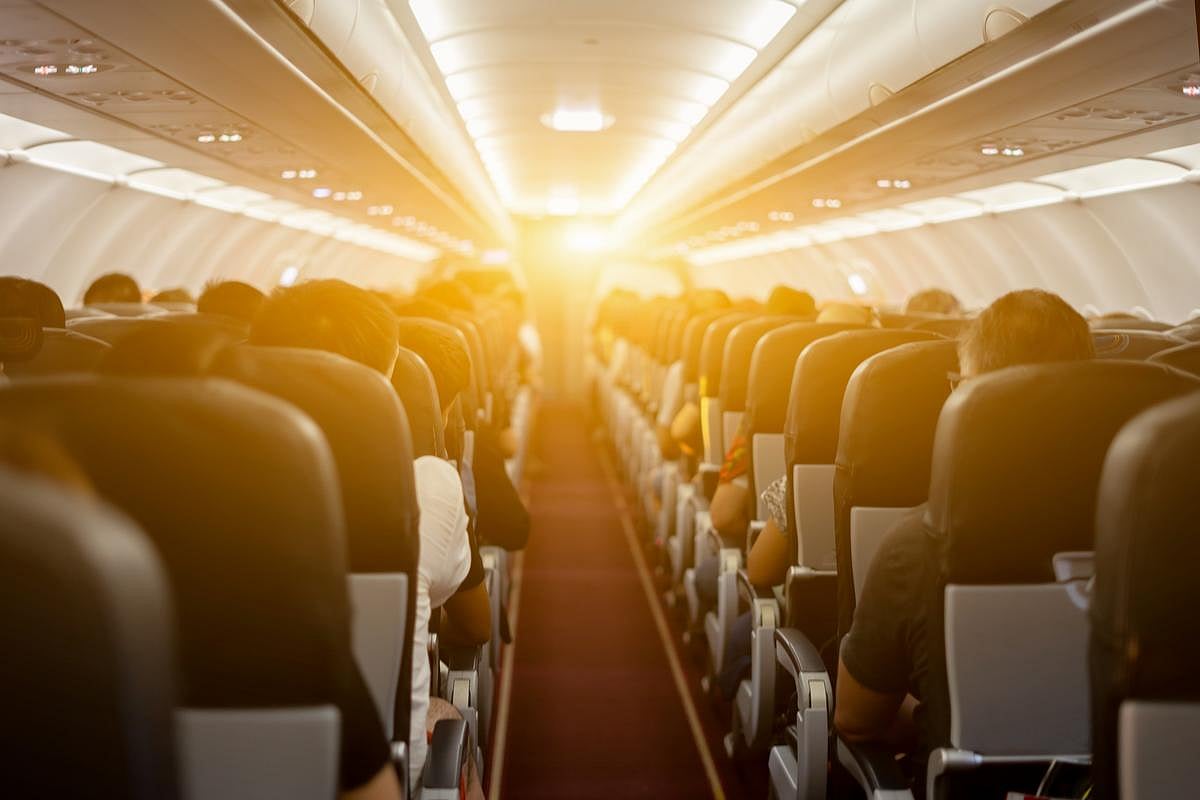Get Healthy!

- Posted September 9, 2024
Flying Could Upset Insulin Pump Function for Type 1 Diabetics
Diabetics who fly with an insulin pump could find themselves with lower-than-normal blood sugar levels, a new study says.
Altitude appears to affect the ability of insulin pumps to deliver a steady supply of the hormone, researchers reported Sunday at the European Association for the Study of Diabetes annual meeting in Madrid.
“Individuals who use insulin pumps should be aware of the potential impact of changes in the cabin air pressure on insulin delivery,” said lead researcher Dr. Ka Siu Fan, with the University of Surrey in the U.K.
For the study, researchers tested 26 insulin pumps in a hypobaric chamber programmed to mimic the atmospheric changes during a normal commercial airline flight.
The chamber was depressurized during a 20-minute ascent, maintained the air pressure of an 8,000-foot altitude flight for a half-hour, then re- pressurized during a 20-minute descent to the ground.
Researchers found that pumps over-delivered insulin during the ascent, but not enough to cause hypoglycemia.
At the same time, the pumps under-delivered insulin during descent, which could cause blood sugar levels to spike but not enough to cause health problems.
“The drop in cabin pressure during ascent may lead to a slight increase in insulin delivery as a result of the formation of air bubbles which displace excess insulin out of the cartridge,” Fan said in a meeting news release. “A slight reduction in insulin delivery is also possible during descent as the increasing air pressure dissolves the air bubbles, sucking insulin back into the pump.”
People on insulin pumps could be in real trouble in the event of rapid decompression of the cabin at altitude, researchers said.
In that case, the pumps could deliver an insulin overdose -- dropping blood sugar levels so much that there’s a significant risk of hypoglycemia, results show.
However, in such emergencies, a person could consume some fast-acting carbohydrates to counter the insulin surge, researchers said.
Fan said the effects of altitude on insulin pumps will affect each diabetic differently, based on their own insulin sensitivity, food intake and blood sugar control.
“To prevent any unintended metabolic consequences, we recommend that individuals who use insulin pumps consider temporarily disconnecting their pumps before take-off and removing air bubbles before reconnecting it at cruising altitude,” Fan said.
More information
The American Diabetes Association has more on insulin pumps.
SOURCE: European Association for the Study of Diabetes, news release, Sept. 8, 2024







